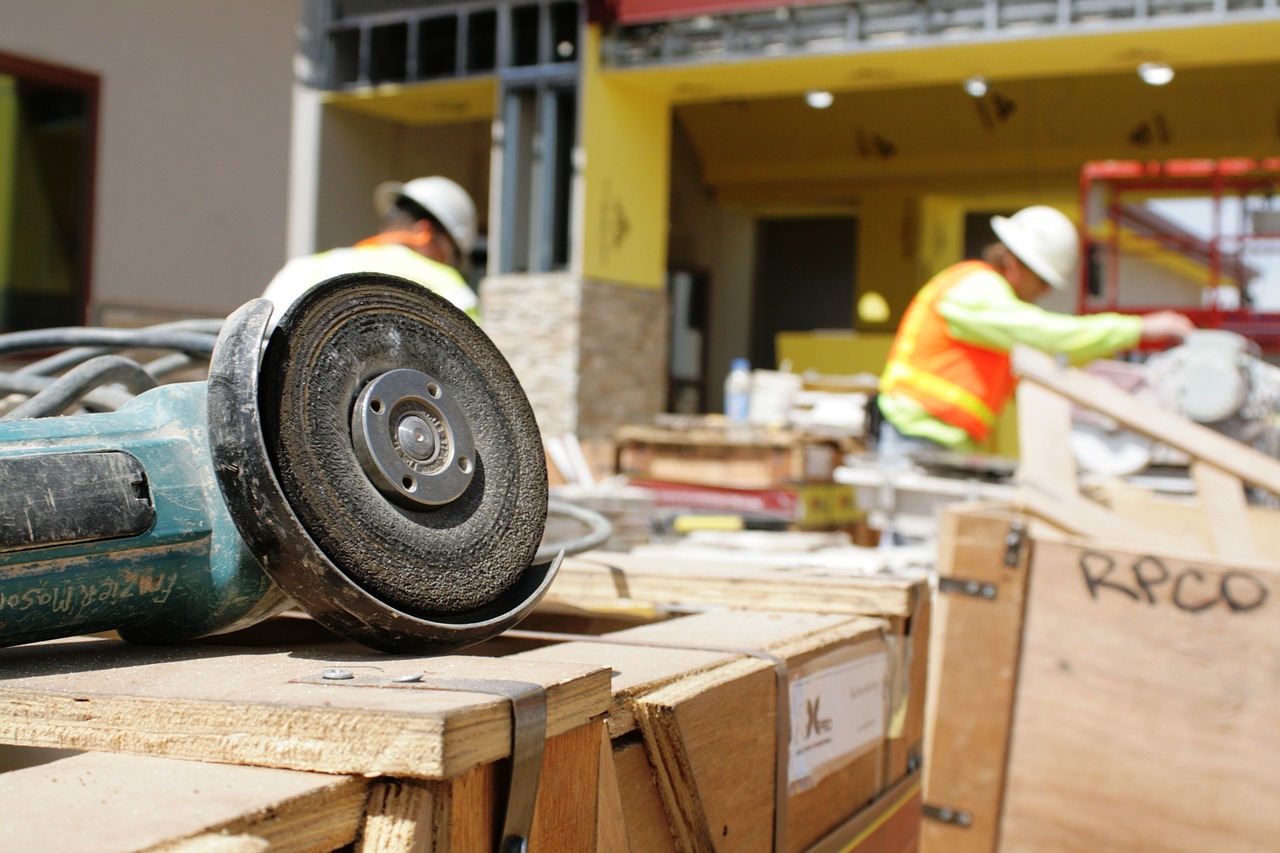In the construction industry, contractors may need a client to make a down payment, also known as an advance payment, to cover the cost of materials or equipment required to initiate a project. In making such a payment, the project owner is exposed to the risk that the contractor will default on the project without returning the amount advanced. That’s where advance payment bonds come in. Learn more about these bonds below, and request a quote from Surety Bond Professionals today.
What Are They?
An advance payment surety bond is the contractor’s guarantee that the advance will be returned to the project owner if for any reason the contractor becomes insolvent or otherwise fails to meet contractual obligations. The bond protects the client, not the contractor.
Advance payments are typically repaid by the contractor through deductions applied to interim (or “progress”) payments from the project owner. These deductions are normally spaced out so that a certain percentage of the advance payment amount is deducted from each payment the project owner makes to the contractor until the entire advance payment amount has been repaid.
Who Needs Them?
Contractors undertaking projects that require a substantial initial outlay of money often negotiate an advance payment to get the project up and running. When that is the case, the project owner will often require the contractor to purchase an advance payment bond. These bonds are commonly required for international construction contracts as well.
How Do They Work?
There are three parties involved in the advance payment bond agreement, which is a legally binding contract:
- The obligee is the project owner requiring the bond
- The principal is the contractor required to purchase the bond as a prerequisite for an advance payment to a supplier or other entity
- The surety is the company that underwrites and issues the bond
When the principal becomes insolvent or fails to reimburse the obligee for the advance payment according to the terms of the bond agreement, the obligee can make a written demand for payment, which the surety is obligated to honor. However, the principal must subsequently reimburse the surety for the claims paid.
What Do They Cost?
The required amount of an advance payment bond is usually the full amount of the advance payment made by the obligee. However, the principal will pay only a small percentage of the total bond amount as the premium for the bond. That percentage, or premium rate, can be as low as 1% of the total bond amount, but may sometimes be higher due to more of a financial guarantee nature of the obligation.
The surety’s main concern is getting reimbursed for money paid out on an on-demand claim filed by the obligee. So, the premium rate established by the surety is based largely on the principal’s personal credit score and the financial strength of the construction business. Be prepared to provide personal and business financial statements, proof of insurance coverage, and other documents requested by the surety.
Request a Quote
Advance payment bonds can be complex, but you can rely on our experienced surety bond agents to help you understand them and get the bond you need. Contact Surety Bond Professionals today to request a quote.






